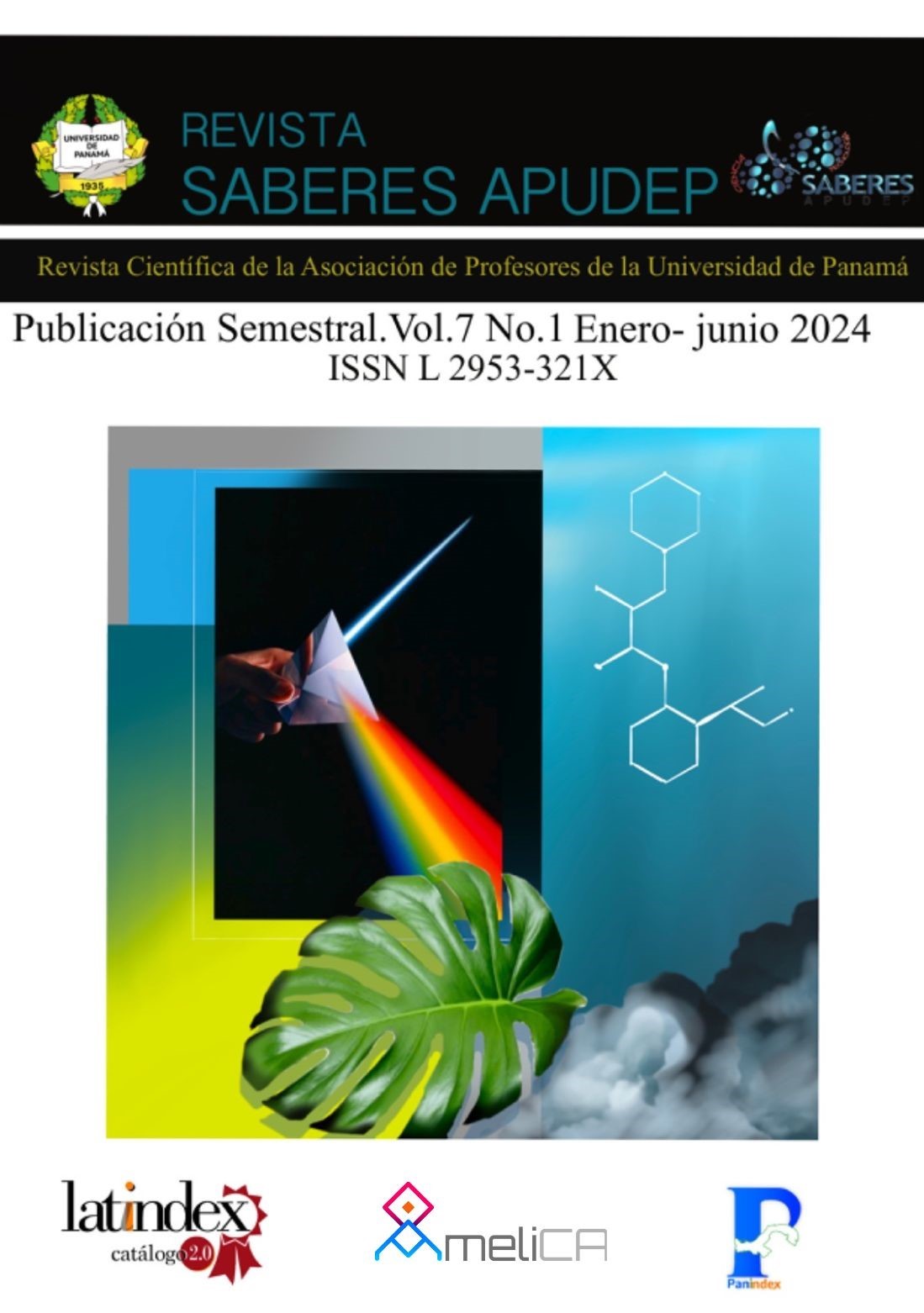

Copyright (c) 2024 Revista Saberes APUDEP

This work is licensed under a Creative Commons Attribution-NonCommercial-ShareAlike 4.0 International License.
Decentralization is a process that proposes to bring better economic, social, cultural and sustainable development to local governments, by separating the actions traditionally carried out by national authorities or the Central Government, through the allocation of public resources to the responsible for improving the lives of citizens in the municipalities, corregimientos, counties and special territories and Local Development Boards of this country, where citizen needs are focused.
It should be noted that decentralization is a trend that has been growing in the most developed countries, which has been replicated in countries with a greater delay, as is the case in Latin America and the Caribbean.
Through this research article I intend to delve into the subject of decentralization, given the importance that this represents for the most needy communities, in addition to providing elements of analysis and understanding for the academy, understanding that it is in the Faculty of Public Administration of the University of Panama where we offer these efforts through the Municipal Management Technician Career.
However, we cannot leave aside the main fact, identifying those responsible for carrying out the decentralization process or fulfilling said task, in this sense, they are the mayors and representatives of corregimientos, authorities chosen by popular election and the usual mechanism that we have seen regarding the way to reach these positions, in addition, the way in which the public resources that are assigned to them have been managed, so that they attend to the plans, programs and projects destined to develop these communities.